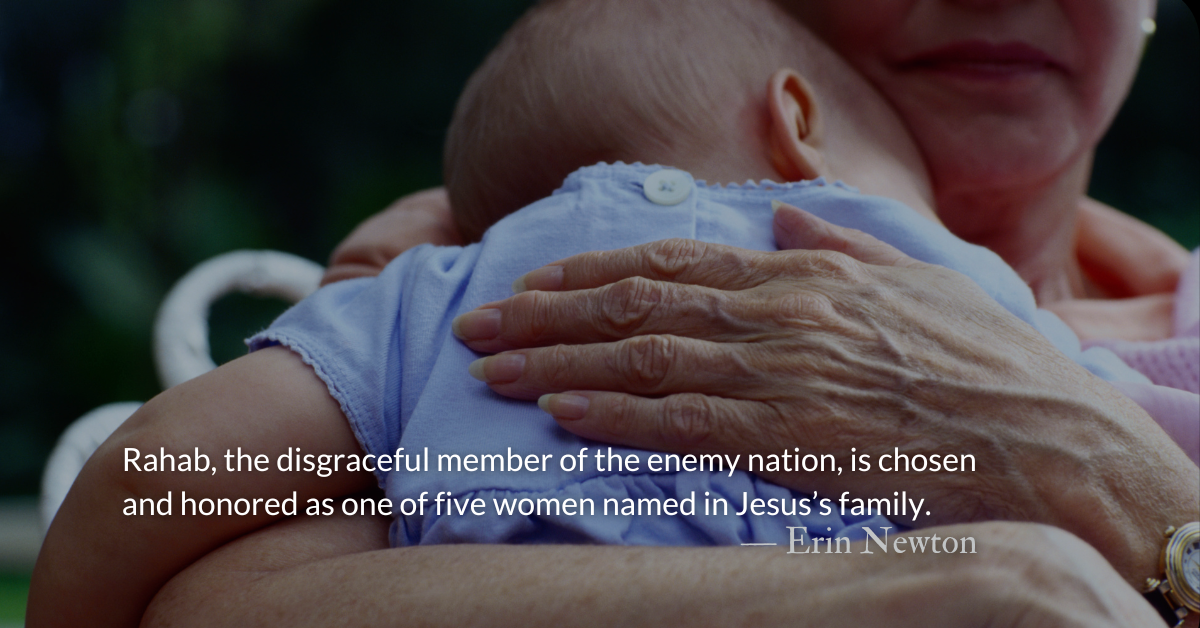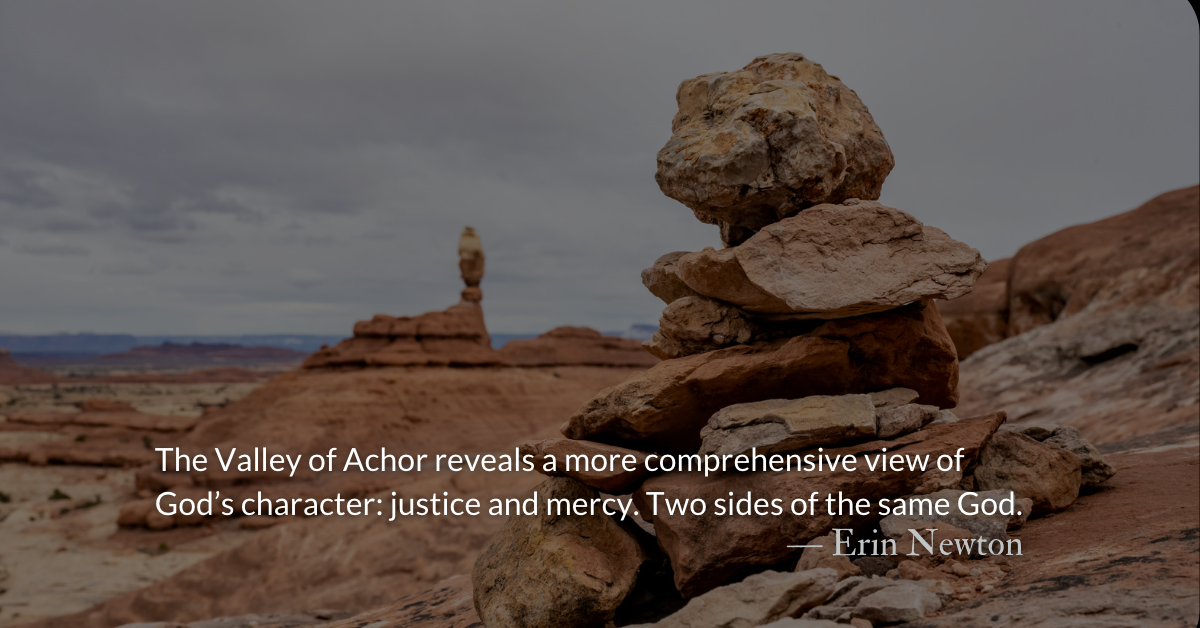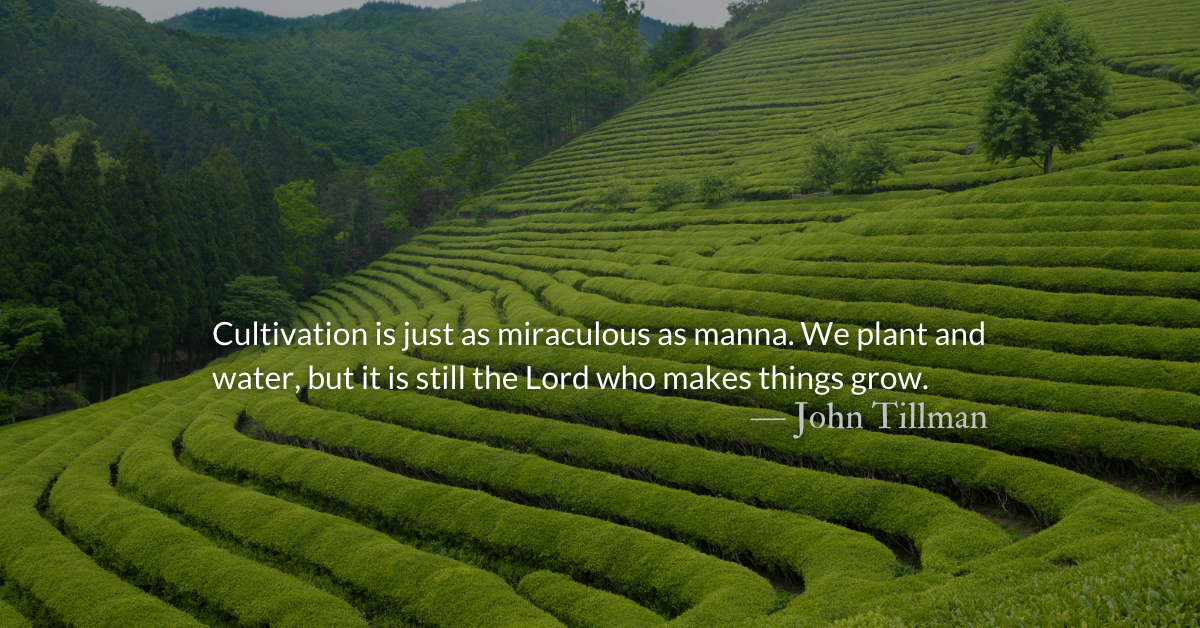Scripture Focus: Matthew 1.1, 5a
1 This is the genealogy of Jesus the Messiah the son of David, the son of Abraham:
5 Salmon the father of Boaz, whose mother was Rahab…
Joshua 6.25
25 But Joshua spared Rahab the prostitute, with her family and all who belonged to her, because she hid the men Joshua had sent as spies to Jericho—and she lives among the Israelites to this day.
Reflection: Rahab’s Story — Love of Advent
By Erin Newton
These are the matriarchs of Jesus: Tamar, Rahab, Ruth, Bathsheba, and Mary. This is Rahab’s story.
Who was this Rahab, the great-great-great-(and so on) grandmother of Jesus? Her identity is somewhat muddled. (Have no fear, she is not the mythic dragon from Job, Psalms, or Isaiah.)
She is likely the woman you remember from Joshua, whose name is rarely said without her epithet, “the prostitute.” How shameful that we demote her to one identity, because she is, in fact, a matriarch of Jesus.
Rahab the prostitute matriarch, like Tamar, was not a member of the Abrahamic family. She did not escape slavery from Egypt nor cross the Red Sea with the multitudes. She was a Canaanite. .Her business was one of pleasure, not love as we dream of it. She used her body in a culture that was more than willing to pay for it. Her job was scandalous and disgraceful to the covenant people encroaching on the borders of Canaan. She is an unlikely character in God’s story of redemption.
The stories of God saving his people reached her ears in Jericho. Stories of wonder and power, stories that herald the supremacy of God. I imagine how she compared the stories to the pathetic notion of her Ba’al killed and trapped by the god of death. Rahab heard and believed in this true God.
By faith, she hid the spies who swore an oath to spare her family. She risked her life to save people who would condemn her land, her friends, her culture, and her job. All because she knew God was coming to her.
The sign of mercy would be the scarlet cord draped from her window. The grandchildren of the people who spread the lamb’s blood across their doorposts would recognize this same sign of faith letting judgment pass safely over her house.
And so she lived among the Israelites. Her old ways would be reformed. Her past would become a testimony. Her future would bear the One whose blood would wash away all sin.
Yes, she was a prostitute.
But she is a matriarch of Jesus. Rahab, the disgraceful member of the enemy nation, is chosen and honored as one of five women named in Jesus’s family. She is not defined by her occupation or nationality.
In the love of Jesus belong the foreigners and the shamed. In the love of Jesus, we are renamed.
Divine Hours Prayer: The Small Verse
Keep me, Lord, as the apple of your eye and carry me under the shadow of your wings.
– From The Divine Hours: Prayers for Summertime by Phyllis Tickle.
Today’s Readings
2 Chronicles 13 (Listen 3:56)
Psalms 119-49-72 (Listen 15:14)
Read more about Becoming Part of the Promise
Rahab asks to be accepted by this powerful God who is not only in the heavens but active upon the Earth.
Read more about Supporting Our Work
We strive to provide short, smart, engaging, biblical content to people across the world for free with no ads. Gifts to The Park Forum support this mission.











